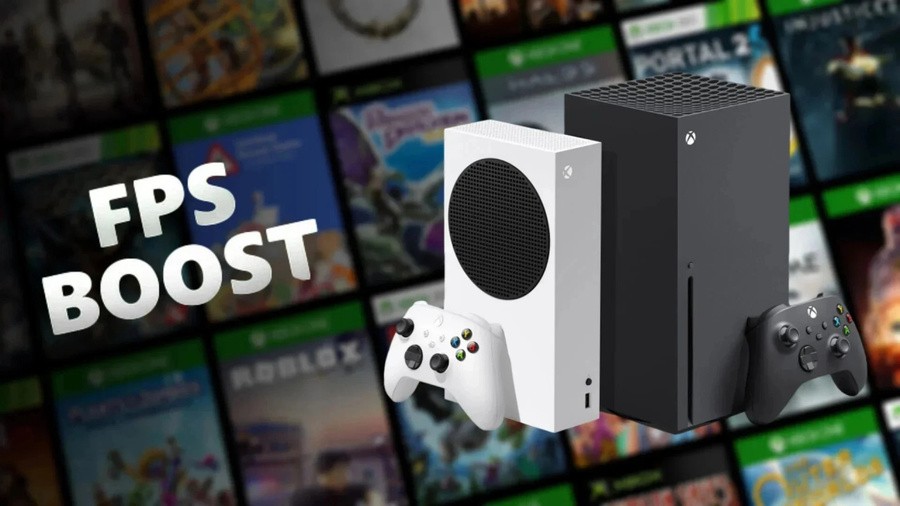Even so, some of my favourite games of the last couple of generations ended up on the list, and the feature has improved my modern-day experience with these titles drastically. Gears of War 3 is in my top ten games of all time, but even so, it became a bit of a slog to go back to at 30FPS (with severe camera shake to boot), especially after playing Gears of War 4 and Gears 5. Gears 3 now looks and feels like a modern game, and I've been back on it, enjoying plenty of multiplayer action over the last year or so. Yes, there's still a good little community going in 2022!
At times, the feature has really highlighted how a simple fluidity boost can almost negate the need for any sort of remaster. Alan Wake is another of my personal last-gen highlights, and it recently received a remaster which coincidentally, isn't selling that well. From my perspective, the game didn't need a remaster as soon as it was added to the FPS Boost program; the 360 version plays just as well as the 2021 version thanks to this killer Series X|S feature.
What's perhaps even more impressive is the amount of 120FPS support that Boost has delivered so far. Titanfall, Battlefield, Plants Vs. Zombies, Battlefront, a bunch of LEGO games; these all now support 120 frames per-second on Xbox Series X. When you keep in mind that 120FPS was a pipe dream for console players prior to 2020, it's amazing that so many last-gen games now support a performance level I'd hardly heard of last generation.
Of those high-performance offerings, anything first-person sees a drastic improvement. Yes, I know, the jump from 30 to 60 is perhaps more of a big deal, but 60 to 120 is nothing to be sniffed at. Response times in first-person shooters feel much better in those higher frame rate regions, so much so that it feels weird to go back to 60! 120FPS is a game changer if you're rocking the right TV setup, and I'm so glad it's been implemented across a bunch of Xbox One games for us all to enjoy!
